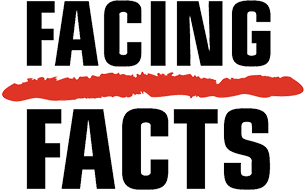ECtHR found Armenian authorities failing to protect and investigate 2012 homophobic hate crime
25/07/2022
An important judgment on hate crimes against LGBTQ+ communities was handed down by the European Court of Human Rights (ECtHR) on the International Day against Homophobia, Transphobia and Biphobia on 17 May. In Oganezova v Armenia, the Court found that the Armenian authorities did not protect the owner of Armenia’s only LGBT+ club from homophobic hate crimes, including arson attacks. Failing to investigate clear evidence of a discriminatory motive, the Court found, ‘can be tantamount to official acquiescence in, or even connivance with, hate crimes’. The court reviewed Armenia’s hate crime and hate speech provisions and commented on the fact that they do not include protection on the grounds of sexual orientation and gender identity, contravening ECRI’s longstanding recommendations in this area.
In this context, the Court reiterated the key steps that must be taken by law enforcement for an investigation to be considered to be ‘effective’: ‘State authorities have a duty to take all reasonable steps to unmask possible discriminatory motives…where there is a suspicion that discriminatory attitudes led to a violent act, it is particularly important that the official investigation be pursued with vigour and impartiality, having regard to the need to continuously reassert society’s condemnation of such acts and maintain the confidence of minority groups in the ability of the authorities to protect them from the discriminatory violence’.
As in previous cases (see for example, Identoba and Others v Georgia), the Court used data from civil society organisations (CSO) alongside evidence from ECRI country reports to conclude that homophobic attitudes and violent incidents are part of the national context and thus should have been acted on by the authorities. See also Margarita Ilieva’s recent post providing further excellent analysis of the court’s strategy of using equality data to ‘contextualise’ the attacks.
Relying on civil society data in this way is part of an established trend taken by the Court and demonstrates the fundamental importance of investing in building the capacity of CSO efforts in this area.


 Facing Facts is co-funded by the Citizens, Equality, Rights and Values Programme
Facing Facts is co-funded by the Citizens, Equality, Rights and Values Programme